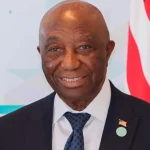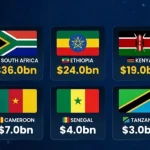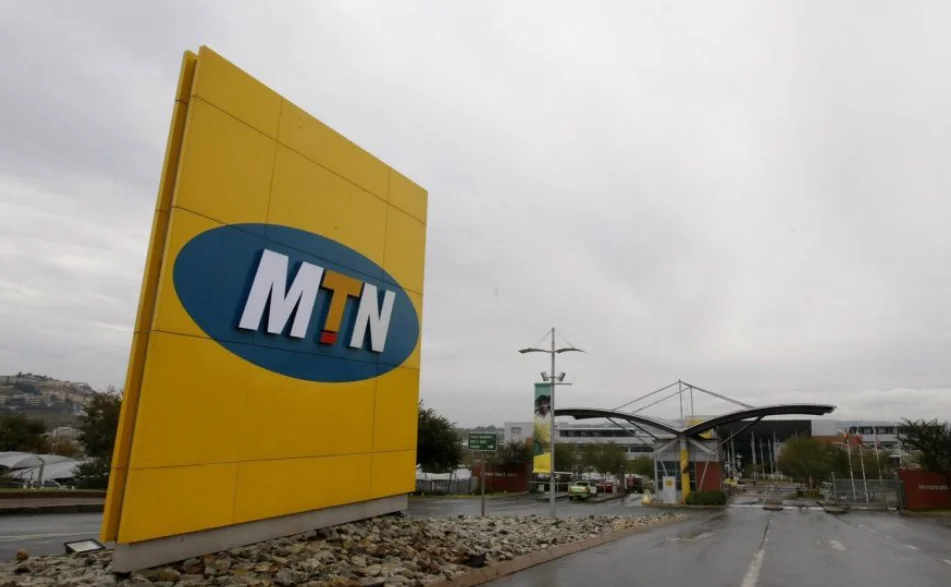Sub-Saharan Africa (SSA) is entering a new phase of digital connectivity as telecom operators rapidly expand 5G and 4G networks across the continent. This growth is reshaping mobile experiences, improving speed, reliability, and operational efficiency for millions of users.
A recent analysis using Ookla Speedtest Intelligence® data and telecom operators’ reports examined mobile performance across eight key African markets, Kenya, Tanzania, Uganda, South Africa, Botswana, Democratic Republic of Congo (DRC), Côte d’Ivoire, and Nigeria. Collectively, these countries account for more than 55% of SSA’s mobile connections and are home to leading operators such as Airtel Africa, Orange, MTN, and Vodacom.
Southern Africa: MTN and Vodacom Set the Benchmark
In Southern Africa, MTN South Africa achieved the fastest median download speed across the region at 74.76 Mbps, outperforming competitors. Mascom and Orange Botswana followed closely, each recording speeds above 56 Mbps.
Vodacom South Africa stood out in 5G performance, delivering a median download speed of 174.9 Mbps, underscoring the region’s strong infrastructure and early 5G adoption.
Southern Africa remains the most advanced sub-region in terms of network performance, thanks to robust fiber networks, early 5G deployment, and regulatory support for digital transformation.
East Africa: MTN Uganda Tops with Record 5G Speeds
In East Africa, MTN Uganda achieved the fastest 5G median download speed at 235.22 Mbps, surpassing Airtel Uganda (160.21 Mbps).
In Kenya, Safaricom maintained dominance with 4G and 5G speeds more than double those of Airtel, reaffirming its market leadership. Meanwhile, in Tanzania, Airtel led in 5G median download speeds (130.35 Mbps), while Vodacom had slightly higher 5G availability (26.4% vs. Airtel’s 2.8%).
These results highlight East Africa’s rising competitiveness, supported by strategic spectrum allocations and increasing private sector investment in broadband infrastructure.
West Africa: MTN and Orange Lead in Speed and Reach
In West Africa, Orange dominated in Côte d’Ivoire with a median download speed of 35.25 Mbps, while MTN Nigeria posted the region’s fastest 5G speed at 226.59 Mbps.
However, operators in the Democratic Republic of Congo (DRC) continue to face major challenges due to limited 4G coverage and the absence of 5G networks, resulting in median download speeds below 25 Mbps in H1 2025.
Botswana: A Pioneer in 5G Excellence
Botswana continues to lead by example in 5G development. Both Mascom and Orange recorded some of the highest 5G speeds in Africa, with Mascom reaching 206.26 Mbps download and 21.45 Mbps upload, slightly outperforming Orange.
The country’s progressive 5G policies and investment in fiber backhaul make it a model for other African markets seeking to accelerate connectivity.
Regional Performance Overview
The findings reveal clear regional disparities:
- Southern Africa leads in speed and network quality.
- East Africa shows rapid progress in 5G deployment.
- West Africa is improving but still limited by infrastructure challenges.
Across all regions, MTN continues to dominate, with top median download speeds in multiple markets, reflecting heavy infrastructure investment and strategic 5G rollout plans.
While Vodacom remains a leader in subscriber numbers, it faces performance constraints in regions with limited 5G coverage. Airtel maintains a solid footprint in East and West Africa, though it trails MTN and Safaricom in speed performance. Orange, meanwhile, is strengthening its position through fiber expansion and early 5G initiatives in Francophone markets.
Investments Fuel Africa’s Digital Transformation
Despite macroeconomic headwinds, including inflation, currency volatility, and high energy costs, African telecom operators are doubling down on network modernization, fiber backhaul expansion, and 5G deployment.
These investments are essential to meeting growing digital demand, driven by a young, tech-savvy population and increasing reliance on mobile broadband for communication, commerce, and education.
As 4G and 5G rollouts continue, Sub-Saharan Africa’s telecom landscape is set to become more competitive, innovative, and inclusive, unlocking new opportunities for digital transformation and economic growth.













